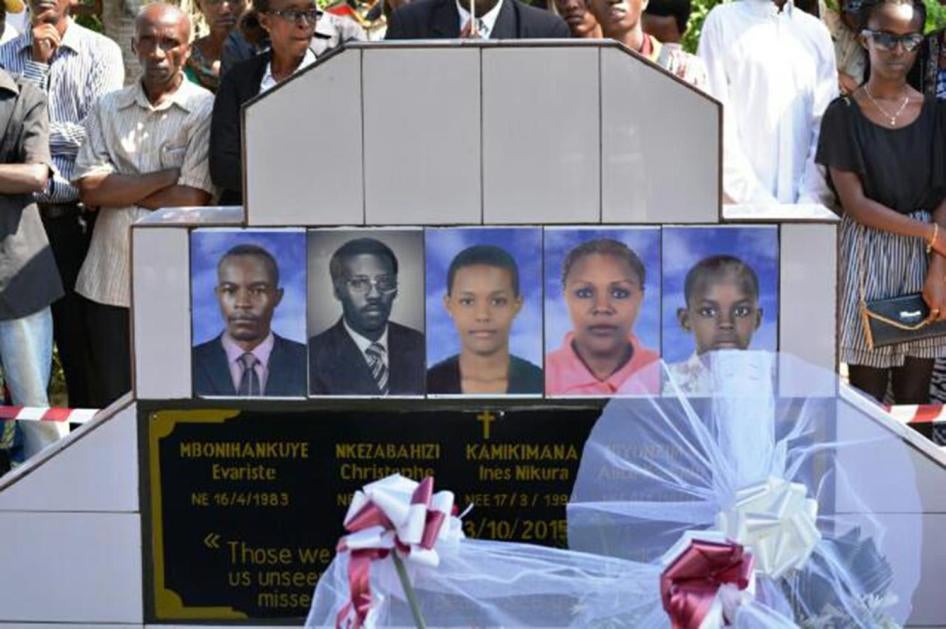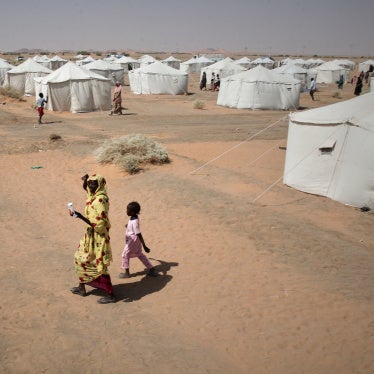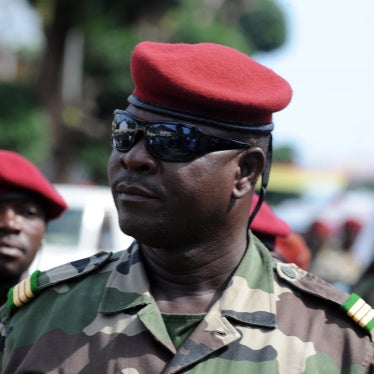The vote by Burundi’s National Assembly and Senate approving withdrawal from the International Criminal Court is the latest move by a government intent on shielding its poor human rights record from international scrutiny.
Earlier this year, ICC prosecutor Fatou Bensouda opened a probe to determine if the ICC should step in and prosecute extrajudicial executions, torture, rape, and enforced disappearances that have characterized Burundi’s current crisis. The country has become increasingly lawless in recent months; arbitrary arrests continue and members of the youth wing of the ruling party have set up roadblocks to extort money and harass people who don’t pay. The Burundian justice system has done almost nothing to address these abuses.
The ICC is meant to act as a court of last resort, stepping in only when national courts cannot or will not act to prosecute the most serious international crimes. In Burundi, as the government’s grip on the justice system has tightened, perceived opponents have been deprived of any hope of justice domestically.
Despite the hundreds of people who have been viciously killed and tortured, the justice system, deeply corrupt and manipulated by the ruling party, almost never properly investigates cases.
Government threats to leave the ICC are nothing new. There have been similar rumblings in South Africa, Namibia and Kenya – amidst complaints that the ICC is targeting Africa – but so far none has actually withdrawn. Meanwhile, activists across Africa have repeatedly called for governments to support and strengthen the ICC, not undermine it.
Withdrawal would not happen overnight or insulate the government from international justice. Burundi has to formally inform the United Nations secretary-general of its decision to withdraw, and it would take a full year to take effect. Until then, any ICC crimes committed since April 2015, which marks the start of the prosecutor’s preliminary examination, appear to be fair game for the ICC.
If Burundi makes good on its threats to leave the court, it would be the first of the ICC’s 124 member countries to do so. Behind the rhetoric is a crude attempt to protect members of the police, military, and intelligence services who have committed the worst crimes. Their victims deserve justice, not a government that looks to hide abuses and protect perpetrators.










